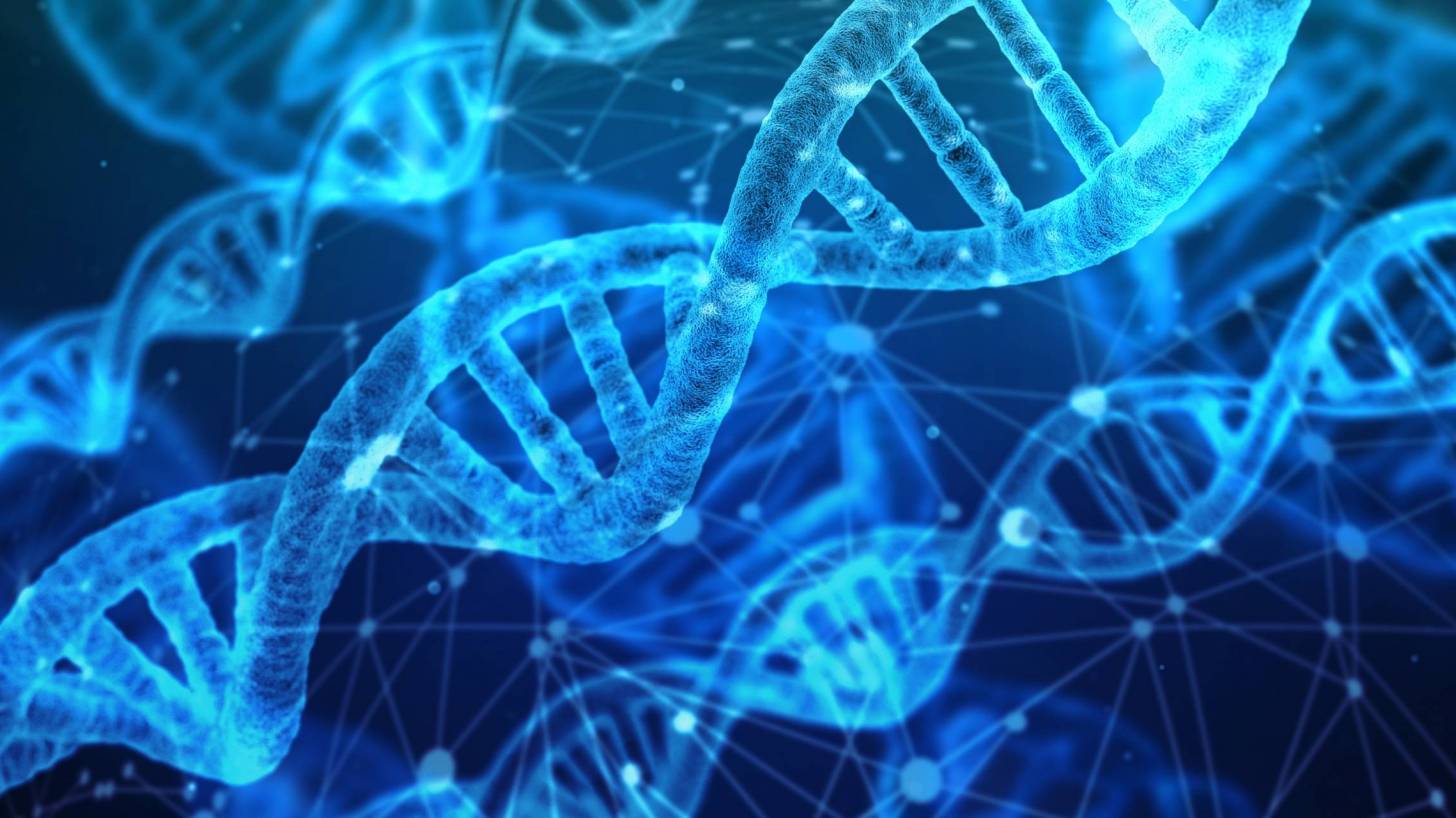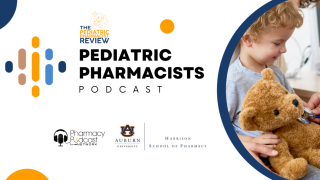Can Genetics Tackle COVID-19 with Drug Repurposing

Each SARS-CoV-2 betacoronavirus infection has variable severities in people, ranging from asymptomatic to severe life-threatening respiratory failure, coagulation, or neurological symptoms, among other sequelae, said genomics researchers in a blog posting on July 7, 2021.
These individual-level responses to infection have led scientists to investigate the effects of genetic variation in the human genome that may explain the broad spectrum of COVID-19 severity and susceptibility, continues the article.
The COVID-19 Host Genetics Initiative (HGI) has brought together scientists and studies worldwide to identify the genomic regions associated with COVID-19 symptoms.
A common approach to identifying medications for a disease is to find out what biological differences there are between people with and without the disease and then try to give a drug that heads off that change.
Drug repurposing studies compare knowledge about the biological changes a drug imposes on the body and how those changes relate to the difference between sick and healthy individuals.
Liam Gaziano and colleagues compared the list of all genes whose expression can be affected with medications and compared the list with those associated with risk of COVID-19 hospitalization.
This analysis aims to highlight gene targets (and subsequently, existing medications) that can be repurposed for use in patients with COVID-19.
The authors identified three genes whose expression might affect COVID-19 risk by looking at the data this way: ACE2, IL10RB, and IFNAR2. ACE2 codes for the ACE-2 receptor used by the virus to enter cells.
IL10RB and IFNAR2 are both related to immune function, but because their genes are so close to each other and GWAS signals are shared, further analysis is needed to determine which gene was more likely to directly impact the risk of COVID-19 hospitalization.
CM Schooling and colleagues used HGI results to determine the potential for success for three putative therapies for COVID-19: tocilizumab, statins, and anakinra.
The authors used a single genetic variant with a similar effect as each drug as a proxy for that drug.
For instance, statins lower low-density lipoprotein cholesterol, so they used a genetic variant that firmly lowered LDL cholesterol.
Though this type of approach is validated in the literature, the authors also demonstrated this approach with dexamethasone, which had been demonstrated to be effective against severe COVID-19.
These authors then checked whether the proxy for each drug was predictive and was associated with decreased risk for COVID-19, COVID-19 hospitalizations, or severe COVID-19.
Ultimately, the authors were able to use this approach to encourage the development of tocilizumab, statins, and dexamethasone—all of which have mounting evidence of effectiveness in treating COVID-19.
One of the key insights in the mode of transmission for SARS-Cov is the ACE-2 receptor protein.
The structural dimerization of ACE-2 with spike proteins of SARS-CoV-2 (Yan et al. 2020) presented an important avenue for further investigation.
Gita Pathak and colleagues examined the ACE-2-interacting gene network to determine whether genes that interact with ACE2 are statistically over-represented among associations with specific phenotypes, drugs, and miRNA expression.
The drug-gene interaction analysis identified drugs such as dexamethasone, spironolactone, metformin, and melatonin.
The pathway analysis of the identified drugs showed platelet sensitization by low-density lipoprotein cholesterol, interleukin-7 cytokine, and viral RNA synthesis.
The COVID-19 host genetics initiative brings together the human genetics community to generate, share, and analyze data to learn the genetic determinants of COVID-19 susceptibility, severity, and outcomes.
Such discoveries could help generate hypotheses for drug repurposing, identify individuals at unusually high or low risk, and contribute to global knowledge of SARS-CoV-2 infection and disease biology.
Disclaimer: Some of these studies are still posted as preprints and have not been peer-reviewed, therefore should not be used to guide clinical or therapeutic practice. The writing in this post does not reflect the opinion of the authors whose study is discussed. Please read the original links for each study.
PrecisionVaccinations publishes research-based news.
Our Trust Standards: Medical Advisory Committee
























